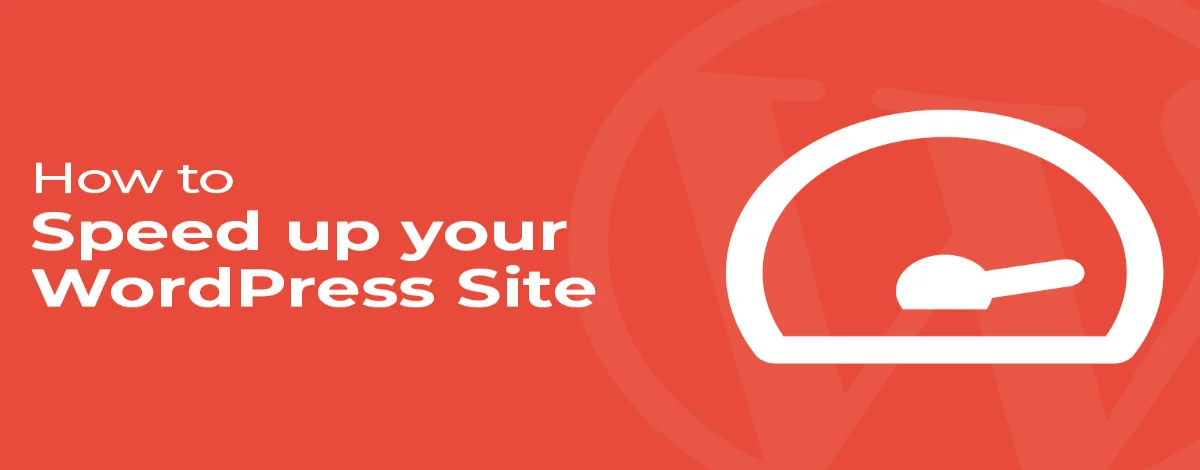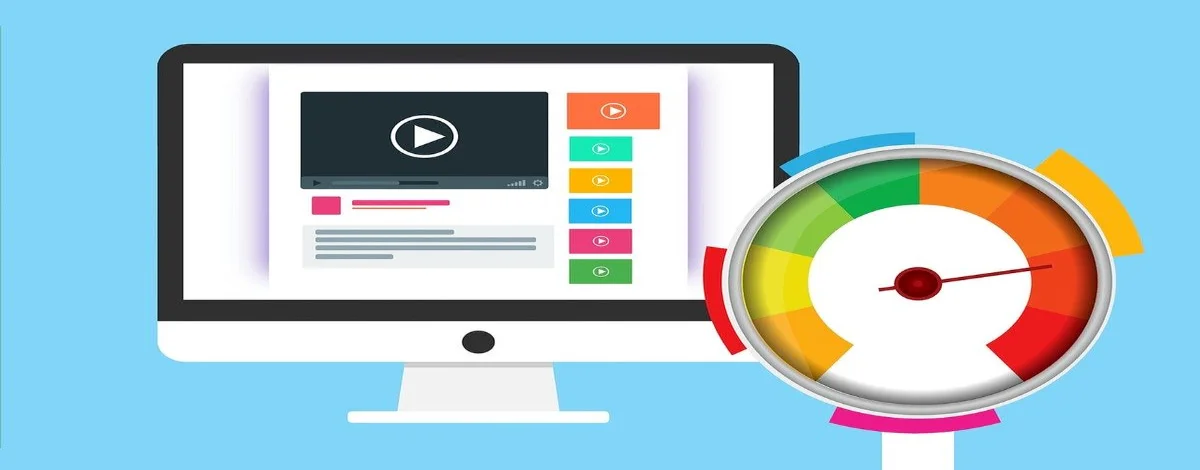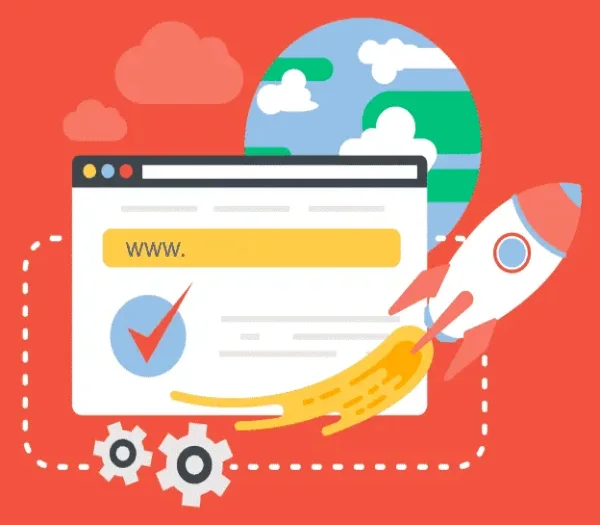
Any website’s success depends heavily on its loading time. It impacts how quickly and responsively your website loads for users. A quick website can give you an advantage over rivals and make or break the user experience. In this article, we’ll examine the benefits of website speed optimization and how to do it. Of course, you could just hire an SEO company or a website design company, but it wouldn’t hurt to try it yourself first. Read on to find out how you can speed up your website for better performance and user experience, from simple steps like compressing images to more complex strategies like leveraging caching.
What is website speed, and why does it matter?

Websites are made up of several files your computer must load for the website to work properly. The speed at which these files can be loaded and presented to users on a website is called website speed. The speed of a website is crucial because it can directly affect how a user feels while using it. Users may become impatient and leave a website if it takes too long to load before they have a chance to view its content.
On the other hand, a website that loads quickly will keep visitors interested and compel them to peruse its pages. Various elements, such as file size, server response time, and browser caching, can impact website speed. You must carefully analyze these factors to determine which areas need improvement to increase website speed.
Following identifying these areas, you can take various actions to increase website speed, including image optimization, code minification, and content delivery networks. Following these steps ensures that your website loads quickly and offers the best possible user experience. The traffic to your website will likely increase if you hire a social media marketing agency or social media agency, making website optimization even more crucial.
How to check your website speed

You can use several methods to evaluate your website’s speed. Utilizing a web tool like Google Page Speed Insights is one option. This tool will provide a report on how quickly desktop and mobile versions of your website load. You can test the speed of your website yourself as an additional check. You can accomplish this by launching a web browser and tracking how long your website takes to load. Your website’s speed could be increased if it takes longer than a few seconds.
Finally, you can inquire about your website’s loading speed with your web hosting company. They ought to be able to provide you with some information about server response times and other aspects that may affect how quickly a website loads. You can do a few things to speed up your website if you discover it to be slow. You could, for example, optimize your images to make them load more quickly and consume less space. Another choice is to minify your HTML and CSS code to reduce the amount of code the browser needs to parse.
Finally, you can use a content delivery network (CDN) to deliver content from servers closer to your visitors’ locations, which can help speed up loading times.
Tips to improve website speed
Consider optimizing your website for mobile app development and using SEO services to increase traffic. Other advice is as follows:
- Minimize HTTP Requests
- Use a Content Delivery Network (CDN)
- Optimize Images
- Minimize CSS and JavaScript Code
- Use Browser Caching
Conclusion
To provide visitors with the best experience possible, website speed is a crucial metric to monitor. There are many ways to increase the speed of your website, including caching and file compression. Additionally, fonts, code, and image optimization all matter.
Whatever objectives you have set out with it, you will be able to provide a better user experience by making your website faster. This could result in more customers or readers.
